Terre des hommes has developed FACET, a digital tool for assessing water, sanitation and hygiene conditions and services in care institutions, schools and detention centres.
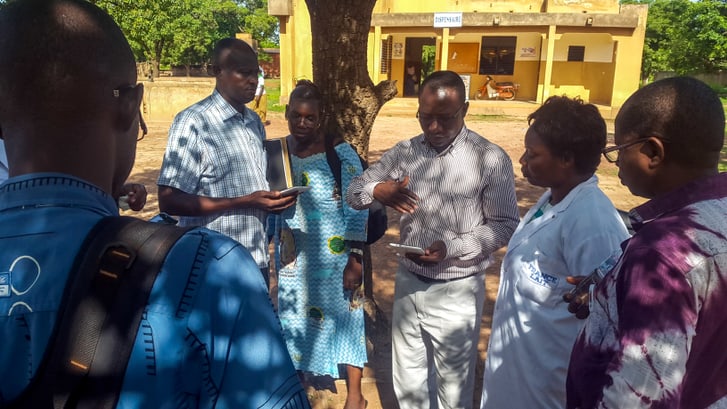
Our impact
12
detention centres were assessed
11
countries in which the tool has been rolled out
610
evaluations have been carried out
In the countries we work in, many publics institutions still lack access to drinking water and sanitation facilities. Some do not even have soap for hand washing. This situation is especially dangerous for pregnant women and young children, who are particularly vulnerable to illnesses. To provide appropriate assistance when improving hygiene, sanitation and water supply conditions, we must be able to evaluate each institution’s needs as accurately as possible.
Terre des hommes (Tdh), working in partnership with Eawag-Sandec and CartONG, was mandated by WHO and UNICEF to create an evaluation and monitoring tool and then by the Swiss Agency for Development and Cooperation (SDC) for a 2.0 version. This tool, named FACET (Facility Evaluation Tool), is a mobile application that can be used in healthcare centres, detention centres and schools to define water, sanitation, hygiene and waste management needs in accordance with recommended standards recently published by WHO and UNICEF. Users answer a series of questions on a mobile telephone or tablet, and data from the completed questionnaire is uploaded to a dashboard for analysis.
Thanks to FACET, Terre des hommes can assess and monitor water and hygiene conditions in primary healthcare facilities, schools and detention centres. After a second development phase, this monitoring tool, developed entirely using Open Source tools, is available free of charge to other organisations working in the fields of health and education. The tool is based on internationally recognised indicators and is part of the continuum of humanitarian and development actions. It is used by the Swiss Water and Sanitation Consortium, Caritas, Helvetas, the Swiss Red Cross, EPER, Swissaid, Solidar and Fastenopfer.

Using FACET also helps to raise awareness among community leaders and water and health authorities about standards for environmental sanitation in health facilities (WHO). The survey results are intended to catalyse action plans and resource allocation for lasting service improvements.
With the support of
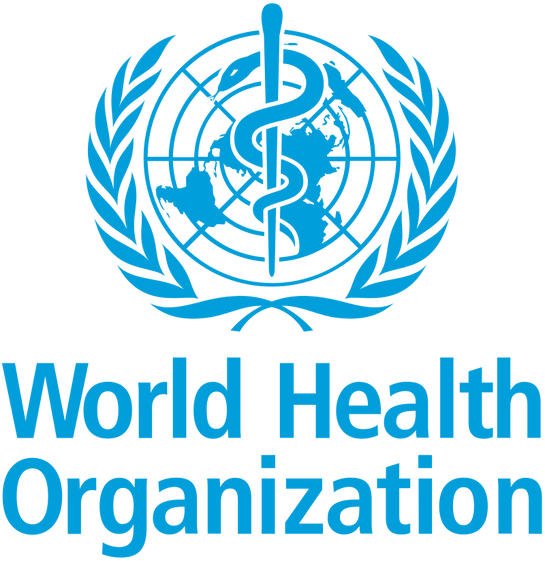
World Health Organization (WHO)
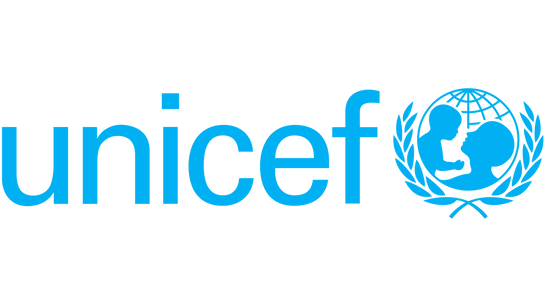
UNICEF
UNICEF - United Nations Children's Fund: UNICEF works in more than 190 countries and territories to save children's lives, protect their rights and help them reach their potential, from early childhood through adolescence.

eawag
Eawag is a Swiss Federal Institute for Water Science and Technology. It is part of the ETH Domain. The ETH Domain comprises the two Federal Institutes of Technology in Zurich (ETH Zurich) and Lausanne (EPF Lausanne) and the four research institutes PSi, WSL, Empa and Eawag. The ETH Domain is governed by the ETH Board, the ETH Board, and reports to the Federal Department of Economic Affairs, Education and Research (DEFR).
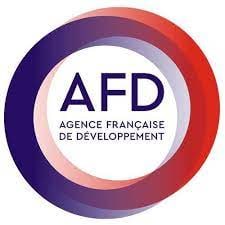
French Development Agency (AFD)
The French Development Agency (AFD) finances, supports and accelerates the transition to a fairer and more sustainable world. It focuses on climate, biodiversity, peace, education, urban development, health and governance.
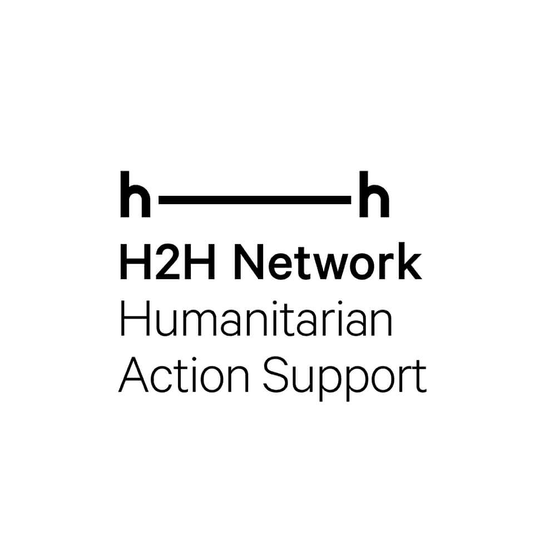
H2H Network
The H2H Network brings together independent, high quality humanitarian service providers. Members' specialisations fall into four categories: data and information management; community engagement and accountability; security, logistics and programme support; and quality and professionalisation of the sector
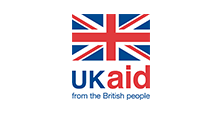
UK aid
Funded by the UK Government's Foreign, Commonwealth and Development Office, UK Aid Direct helps small and medium-sized civil society organisations achieve global goals.

cartONG
CartONG is a Non-Governmental Organisation (NGO) specialised in information management whose vocation is to put data - in particular geographical data - at the service of humanitarian, development and social action projects.
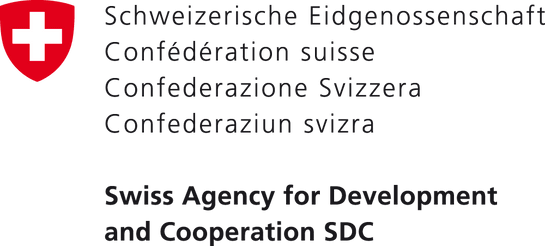
SDC
The Swiss Agency for Development and Cooperation (SDC) implements the Federal Council's foreign policy on humanitarian aid, development cooperation and cooperation with Eastern Europe and at multilateral level. The SDC focuses its activities on reducing poverty and distress, as well as curbing global risks. It also aims to preserve natural resources for future generations.

